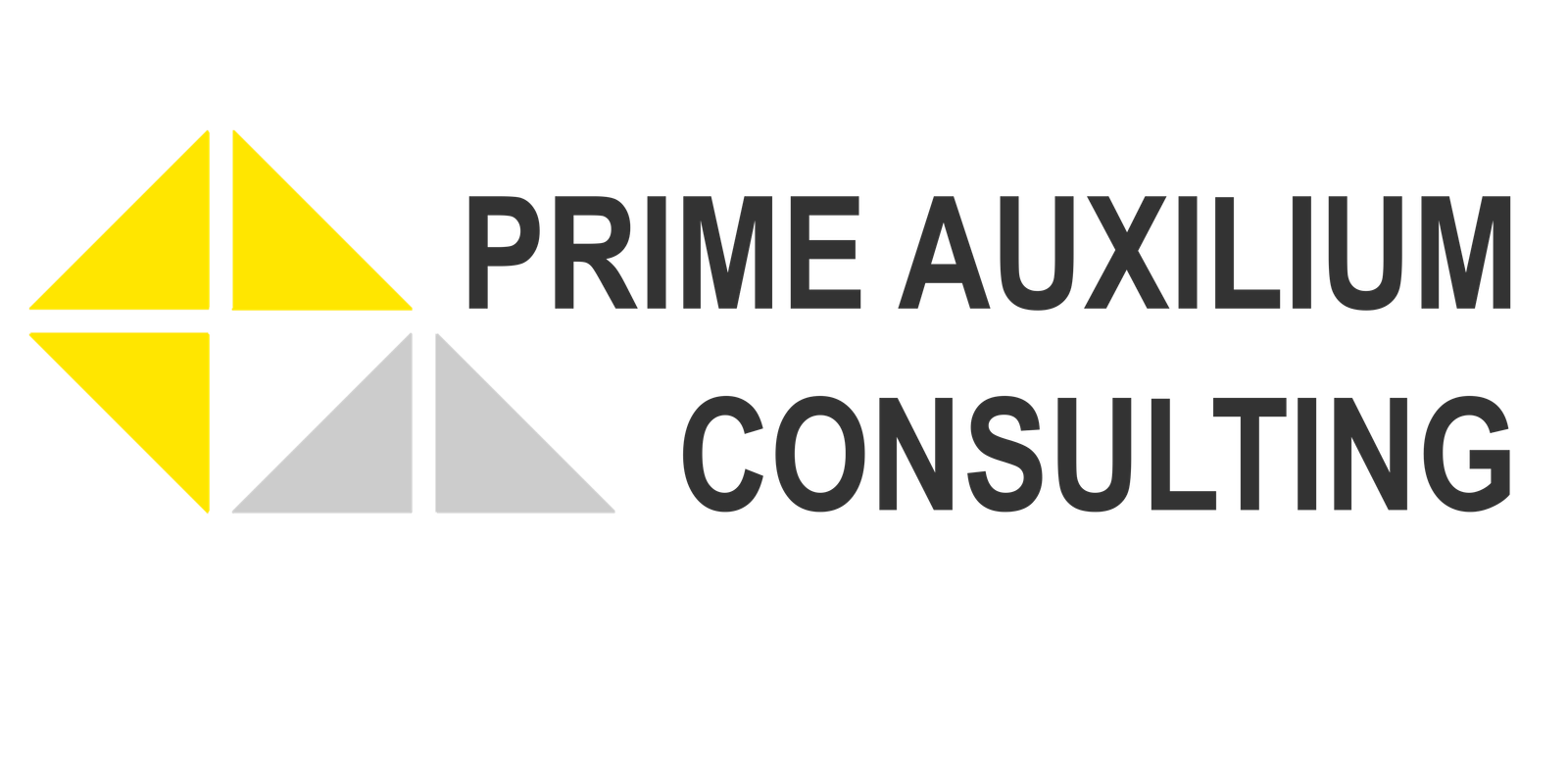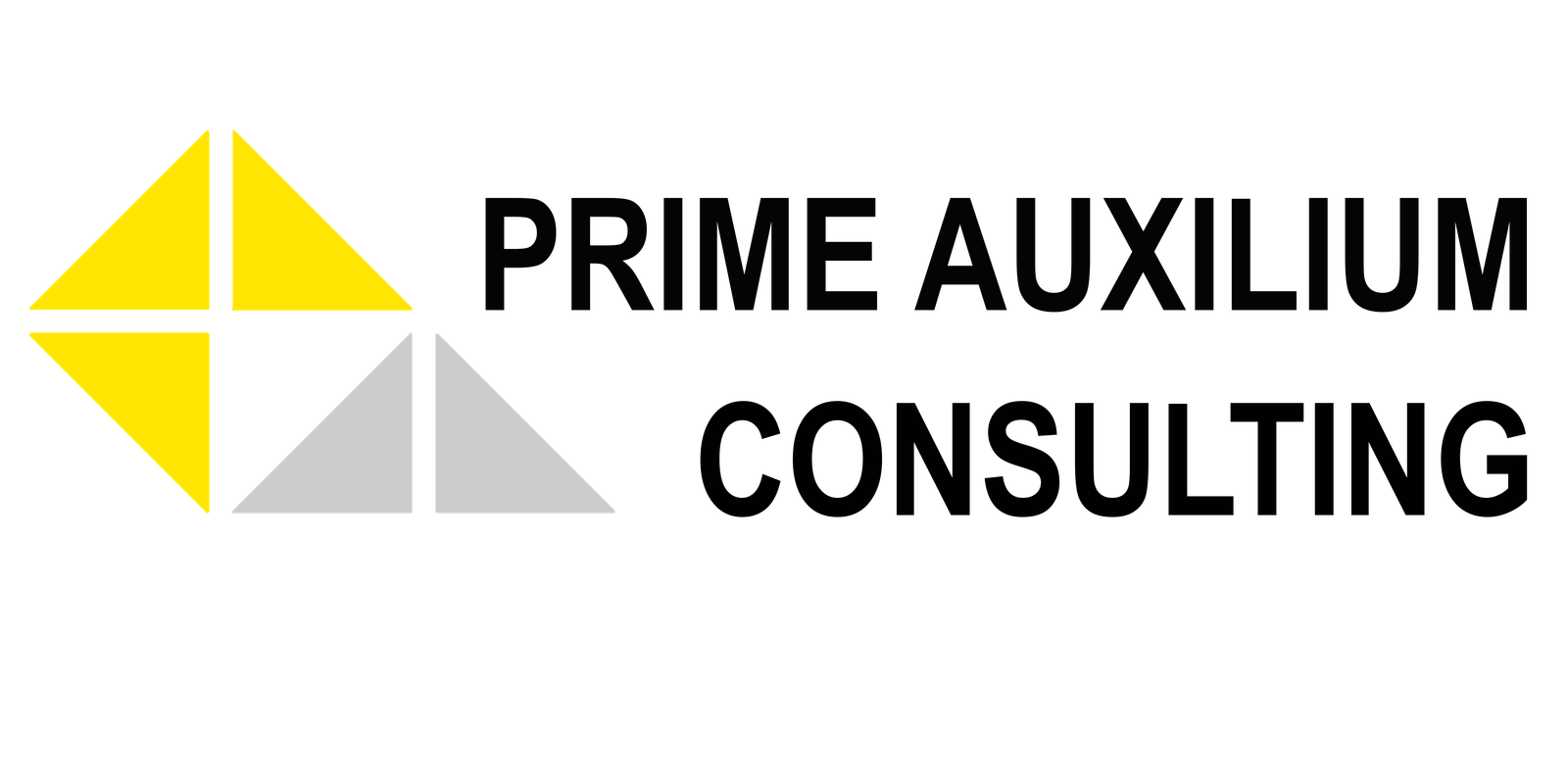Navigating Canadian Tax: Incorporation vs. Self-Employment
primeauxilium.com
May 6, 2024

Are you an entrepreneur in Canada weighing the tax implications of different business structures? Whether you’re considering incorporation or opting for self-employment, understanding how each option impacts your taxes is crucial. In this guide, we’ll delve into the tax considerations of both paths to help you make an informed decision.
Incorporating Your Business
Incorporation involves establishing a separate legal entity for your business. Here’s what you need to know about its tax implications:
Pros:
Tax Planning Opportunities: Corporations have access to various tax planning strategies, such as income splitting and dividend payments, which can help minimize overall tax liabilities.
Lower Corporate Tax Rates: Canadian-controlled private corporations (CCPCs) benefit from preferential tax rates on active business income, providing potential tax savings compared to personal tax rates.
Deferral of Personal Tax: By retaining earnings within the corporation, shareholders can defer personal tax on business profits until they are distributed as dividends.
Cons:
Double Taxation: While CCPCs enjoy lower corporate tax rates, dividends paid to shareholders are subject to personal tax, leading to potential double taxation of corporate profits.
Compliance Requirements: Corporations must adhere to strict tax filing and compliance obligations, including preparing financial statements, filing corporate tax returns, and complying with corporate governance rules.


Exploring Self-Employment
Self-employment entails operating as a sole proprietor or freelancer without forming a separate legal entity. Here’s how it impacts your taxes:
Pros:
Simplified Tax Reporting: Self-employed individuals report business income and expenses on their personal tax returns, streamlining tax filing and reducing administrative burden.
Access to Tax Deductions: Sole proprietors can deduct business expenses directly against their business income, potentially reducing taxable income and lowering overall tax liabilities.
Immediate Tax Deduction for Losses: Self-employed individuals can deduct business losses against other sources of income in the same tax year, providing immediate tax relief.
Cons:
Unlimited Liability: Sole proprietors are personally liable for business debts and obligations, exposing personal assets to potential risks.
Limited Tax Planning Opportunities: Compared to corporations, self-employed individuals have fewer tax planning options, potentially resulting in higher overall tax liabilities.
Making the Right Choice
When choosing between incorporation and self-employment, it’s essential to consider your business goals, risk tolerance, and long-term tax planning objectives. Consulting with a tax professional can help you assess the tax implications of each option and determine the best fit for your unique circumstances.
Remember, tax considerations should not be the sole factor driving your decision. Consider other factors such as legal liability, business structure flexibility, and growth potential when evaluating your options.
By understanding the tax implications of incorporation and self-employment, you can make a well-informed decision that sets you on the path to tax-efficient business success in Canada.
Dont Hesitate To Contact Us
Have a specific topic you’d like us to cover? Feel free to reach out and let us know! We’re here to help you navigate the world of finance with confidence and clarity.

